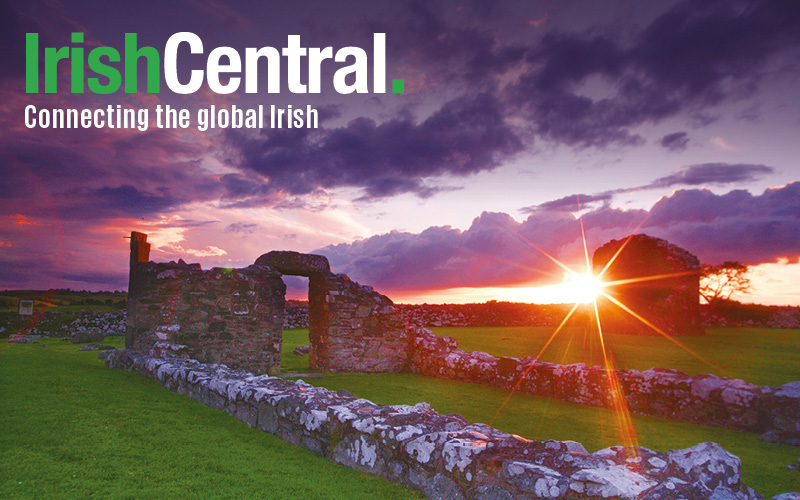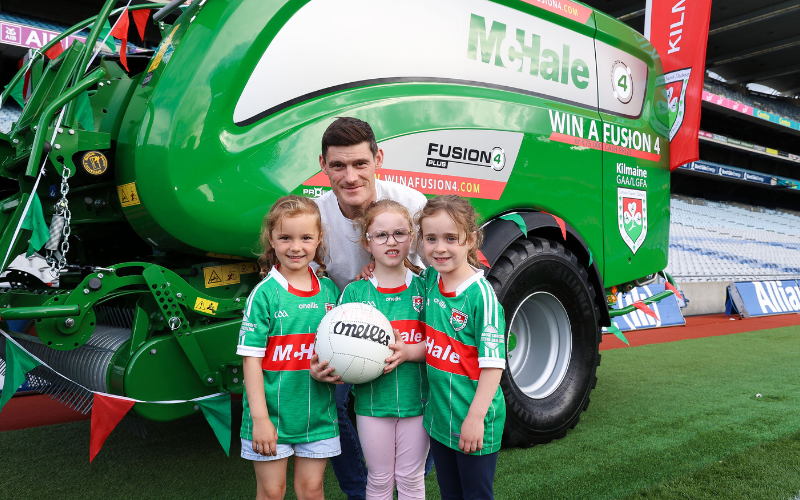The newly formed Rutherford Irish American Association in New Jersey is teeming with Irish Americans eager to celebrate their heritage
Who says the Irish American community is in decline? Not the hundreds of members of the newly formed Rutherford Irish American Association (RIAA) in New Jersey, about a dozen miles from Manhattan and teeming with Irish Americans eager to celebrate their heritage.
In less than six months, RIAA members have organized a sell-out dinner dance, a first ever St. Patrick’s Day parade for their town – ironically, one of only three in New Jersey which is alcohol-free – and a number of social events which have brought the tight-knit local Irish even closer together.
“We have a great Irish community here in Rutherford,” Dublin native Joe Kelly, 47, told the Irish Voice.
“It’s a beautiful town and many of us are Irish who moved here in the 1980s or the 1990s after living in Hoboken or Jersey City. Then we settled down, had families and moved to Rutherford. You just can’t beat it here.”
Kelly, a married father of three and former bartender in Manhattan who now owns his own painting and interior design business, says Rutherford was crying out for an Irish association, given how active the locals are.
Kelly was one of the founders of the RIAA along with his friend Patrick O’Neill, an Irish American who has been a member of the Essex County Police and Fire Emerald Society Pipes and Drums for 16 years. The RIAA became incorporated as a non-profit last July and hosted a halfway to St. Patrick’s Day party in September at the local Elks Club that attracted close to 300 people. The RIAA was off and running.

RIAA founder Patrick O’Neill.
“I kind of know everyone around here so I was put in charge of membership,” said Kelly, who first came to the U.S. in 1994 for the World Cup, met a girl here from Derry City and eventually returned to marry her.
“I told everyone, ‘We’re starting up a new Irish organization, give us $45 and we are going to bring everyone together to give back to our local community.’”
The RIAA hosts pub nights and board meetings once a month. It’s been a busy time given what the group has taken on.
First up is the inaugural grand marshal dinner dance set for Friday, January 12 at the Fiesta in Woodridge. The dinner is sold out with 350 guests and a waiting list of at least 40 Kelly proudly reports.
The dinner will honor the inaugural parade grand marshal Thomas Flynn, a native of Co. Kilkenny who with his late brother started the first local New Jersey hurling team in 1954. Others being recognized on the night include deputy grand marshal Anthony Bruton, Law Enforcement Officer of the Year Michael Keane, Firefighter of the Year Thomas Twist Jr., and Members of the Year Debbie O'Neill and Kelly.
“If we had a bigger venue we could have sold that out too, such is the demand. Everyone was doubting that we would be able to do it, but we did,” says Kelly.
The parade itself will take place on Sunday, March 4 in Rutherford. Already there are eight pipe bands lined up to perform and 25 marching units. Organizers welcome all comers, but one group will have special pride of place in the march.

Members at their halfway to St. Patrick’s Day event.
“What we want is for special needs children to be very much a part of the parade,” Kelly said. “If you notice they never really are part of the parades, and we want to change that. We’ll have a minibus or some mode of transport for those who cannot walk, but we want them to feel very welcome and included.”
Kelly laughs at the thought of hosting a parade in a dry town where restaurant patrons have to BYOB. The restriction will at least ensure, he says, that the festivities don’t get out of hand as they did at the nearby St. Patrick’s parade in Hoboken, which was permanently canceled a few years back because of widespread drunken, unruly behavior.
Kelly’s cousin Fiona McGrane is heavily involved with Down Syndrome Ireland, and the RIAA is working to forge a relationship with the group, “so if someone with a special needs child goes to Ireland they can call her and for instance say, ‘If we’re going to the Cliffs of Moher and something happens, is there any source of support nearby?’” Kelly says.
The RIAA is also looking to twin Rutherford with a town in Ireland in the future, and of course, to continue growing its membership which will allow for greater involvement in the community, including the issuance of local scholarships.
More than half of the members, Kelly reports, have at least one Irish-born parent, while the rest are Irish born or second generation. Membership is split about evenly between men and women, and the average age is 50. The RIAA requires a member to be at least a quarter Irish; those who have no Irish at all but still wish to join are also welcome to do so as associates.
“We’re happy to see Indians and Hispanics and African Americans join our group,” says Kelly. “We have about 20 associate members and we’ll be delighted to introduce them to things like Gaelic football.”
Though Irish community groups are suffering in many areas throughout the U.S. as immigration has slowed to a trickle, the RIAA is proof that Irish Americans will jump at the chance to connect with each other if the opportunity is there.
For more information on the RIAA, visit www.rutherfordirish.com.




Comments